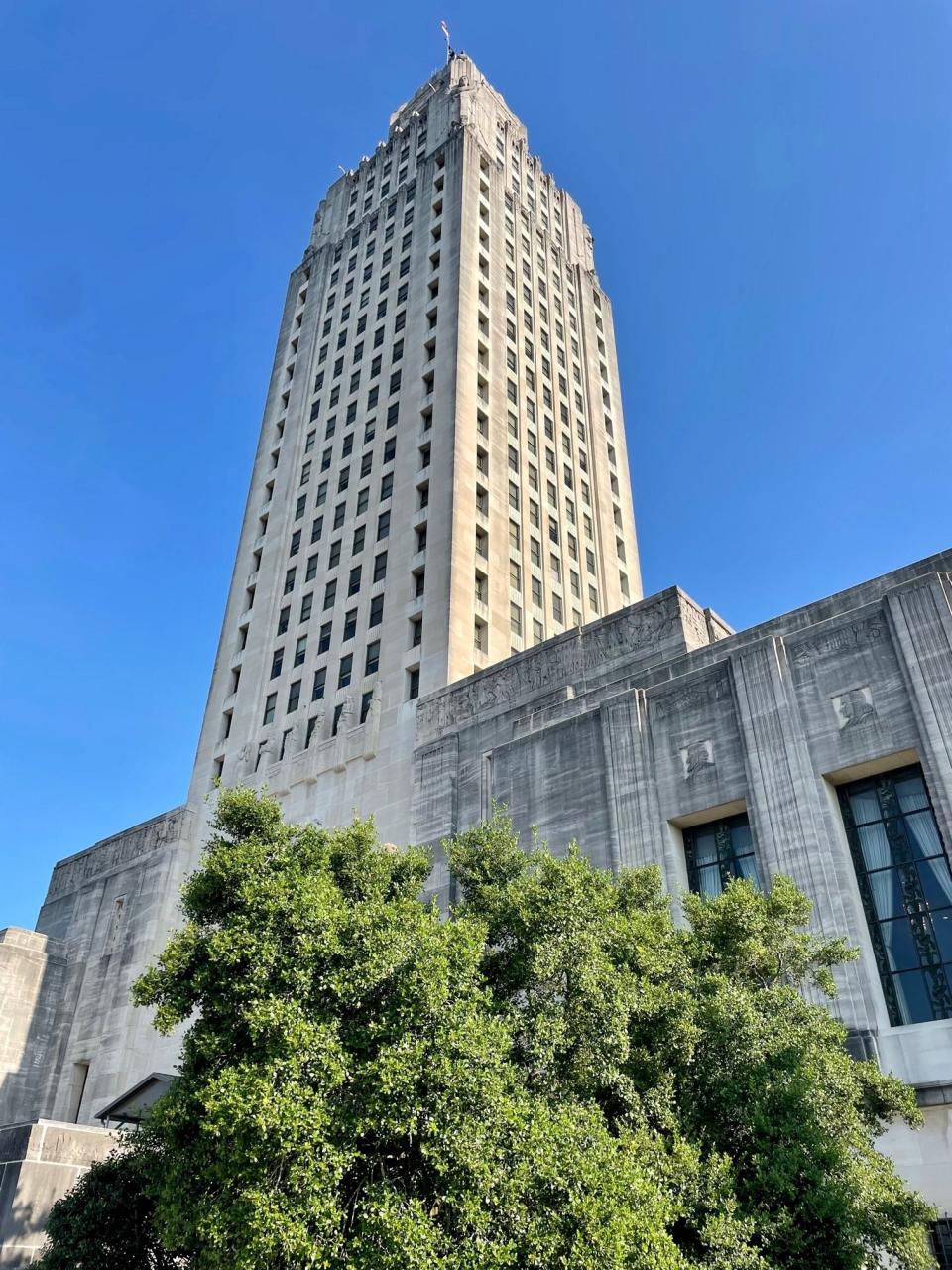Juvenile justice experts express caution about new Louisiana crime laws
As Louisiana undertakes a massive overhaul of criminal justice laws, one of the most controversial changes is putting more 17-year-olds on trial for crimes as adults.
The changes backpedal on a measure passed seven years ago that treated teens under 18 as juveniles in most cases.
Anti-crime lawmakers, following the lead of sheriffs, prosecutors and a newly-elected Republican governor, are responding to a spike in juvenile violent crime – simple robbery, battery, carjacking, terrorism, kidnapping, assault and even murder and rape.
They and Gov. Jeff Landry say adult gangs have been recruiting teenagers 17 and younger to commit crimes for which penalties will be lighter than those for adults.
Opponents argue that juvenile crime rates had been coming down since the “Raise the Age” law was passed in 2016 before rising during the COVID-19 pandemic, and some question whether the new laws will have harmful side effects given that prosecutors already had leeway to charge juveniles as adults for the most violent crimes.
According to reports by the state’s Office of Juvenile Justice, the number of youths serving time began easing again last year.
Richard Pittman, a deputy public defender and the director of juvenile defender services for the Louisiana Public Defender Board, said the pandemic was more to blame for the juvenile crime rise than the “Raise the Age” legislation in 2016, and the curve could fix itself.

“Yes, there has been an uptick in juvenile crime," Pittman said. "But that uptick is abating.”
In addressing the Legislature at the start of the Special Session on crime that ended Thursday, Landry warned that hardened gangs were using juveniles to commit higher-level crimes because they are likely to get out easier under more lenient rules than adults convicted of similar crimes.
Many of the new changes were embodied in bills sponsored by Sen. Heather Cloud, R-Turkey Creek. She proposed that besides their first offense, except in cases like carjacking and armed robbery, there would be zero possibility of modification or release of convicted youth until they had served 24 months in detention, or half of their sentence if it totaled 36 months or less.
Cloud said that the cost to society of letting teenagers go without longer juvenile or adult sentences is much greater than the cost of housing a juvenile for 36 months in jail.
She also said that the 36-month period would give juvenile services more time to prevent recidivism.
Critics countered that some of the efforts to prevent recidivism would be missing in adult prisons. They also said it would add to prison costs to isolate the 17-year-olds since there are laws that require separation of 17-year-olds from adults in prisons.
Hector Linares, a professor at the Loyola University New Orleans College of Law, said the debate over violent juvenile crime was in some ways misleading. Many prosecutors already try the most serious juvenile cases involving murder or rape in adult courts. Those most seriously impacted by the new legislation could be teens charged with hit-and-run traffic accidents, carjacking, shoplifting and other such crimes.
“I’m not trying to minimize any of these offenses,” Linares said. “But I think there are a lot of situations that result in adjudication where a typical member of the public would think that shouldn’t follow a kid for the rest of his life.”
The Legislature also passed a bill that would require clerks to turn over the “minute entries” for many cases in which juveniles are charged with crimes. This means that the defendant’s identity, defense counsel and criminal record must be made available to the public during the trial, even before conviction.
“It’s going to have a very dramatic effect,” Linares said. “It’s going to put a damper on any post-secondary education prospects, it’s going to put a damper on future employment prospects and socially the stigma is going to have repercussions as well.”
Mark Plaisance, an appellate attorney and a former public defender, has worked on many juvenile cases. He said he saw teenage boys and girls come in and out of the courts for repeatedly committing some of the most offensive crimes. Plaisance also feared that Louisiana’s adult court system could become overwhelmed. He said the new legislation ignores why juvenile courts are important.
“Juvenile court is to try to help them understand their rights and help rehabilitate them,” Plaisance said. “We haven’t been doing that well enough.”
Linares agrees that although juvenile courts have not done a great job, they are still the most effective and safe way to handle juvenile delinquents.
“The reason the age was raised (to 18 in 2016) was because it was more effective to put youth in the rehabilitative system,” Linares said.
“There are a lot more services and resources available,” he said. “It’s far from perfect, but generally, it’s recognized as being much more rehabilitative.”
This article originally appeared on Lafayette Daily Advertiser: What do juvenile justice experts think about Louisiana's new crime laws?
